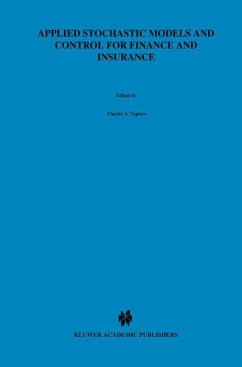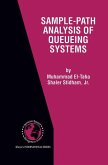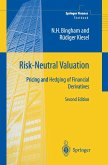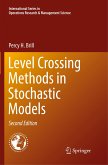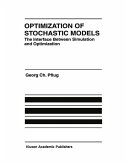Applied Stochastic Models and Control for Finance and Insurance presents at an introductory level some essential stochastic models applied in economics, finance and insurance. Markov chains, random walks, stochastic differential equations and other stochastic processes are used throughout the book and systematically applied to economic and financial applications. In addition, a dynamic programming framework is used to deal with some basic optimization problems.
The book begins by introducing problems of economics, finance and insurance which involve time, uncertainty and risk. A number of cases are treated in detail, spanning risk management, volatility, memory, the time structure of preferences, interest rates and yields, etc. The second and third chapters provide an introduction to stochastic models and their application. Stochastic differential equations and stochastic calculus are presented in an intuitive manner, and numerous applications and exercises are used to facilitate their understanding and their use in Chapter 3. A number of other processes which are increasingly used in finance and insurance are introduced in Chapter 4. In the fifth chapter, ARCH and GARCH models are presented and their application to modeling volatility is emphasized. An outline of decision-making procedures is presented in Chapter 6. Furthermore, we also introduce the essentials of stochastic dynamic programming and control, and provide first steps for the student who seeks to apply these techniques. Finally, in Chapter 7, numerical techniques and approximations to stochastic processes are examined.
This book can be used in business, economics, financial engineering and decision sciences schools for second year Master's students, as well as in a number of courses widely given in departments of statistics, systems and decision sciences.
The book begins by introducing problems of economics, finance and insurance which involve time, uncertainty and risk. A number of cases are treated in detail, spanning risk management, volatility, memory, the time structure of preferences, interest rates and yields, etc. The second and third chapters provide an introduction to stochastic models and their application. Stochastic differential equations and stochastic calculus are presented in an intuitive manner, and numerous applications and exercises are used to facilitate their understanding and their use in Chapter 3. A number of other processes which are increasingly used in finance and insurance are introduced in Chapter 4. In the fifth chapter, ARCH and GARCH models are presented and their application to modeling volatility is emphasized. An outline of decision-making procedures is presented in Chapter 6. Furthermore, we also introduce the essentials of stochastic dynamic programming and control, and provide first steps for the student who seeks to apply these techniques. Finally, in Chapter 7, numerical techniques and approximations to stochastic processes are examined.
This book can be used in business, economics, financial engineering and decision sciences schools for second year Master's students, as well as in a number of courses widely given in departments of statistics, systems and decision sciences.
`I found the book interesting for its many explanations, examples of different models, and concrete recommendations for control and management. It will be useful to students and also practitioners.' Short Book Reviews, 19:2 (1999)
`I found the book interesting for its many explanations, examples of different models, and concrete recommendations for control and management. It will be useful to students and also practitioners.'
Short Book Reviews, 19:2 (1999)
Short Book Reviews, 19:2 (1999)

